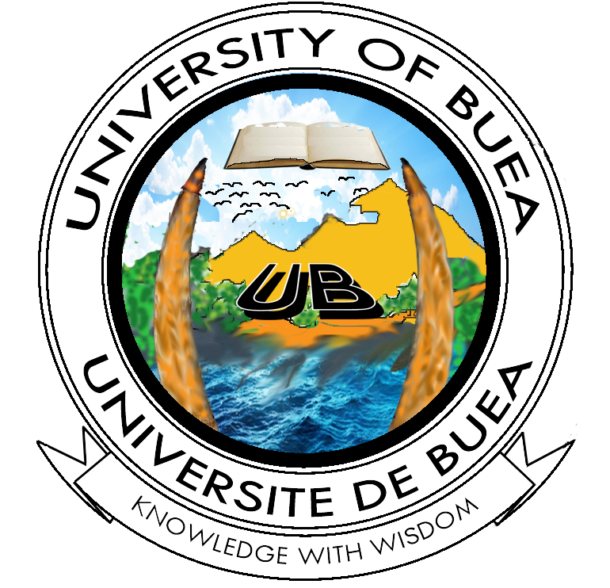Duration: 3-5 years
Fee Paying: No
Admission Requirements
A prerequisite for admission into the programme is a good M.Sc. (with thesis) or its equivalent in mathematics or any other related discipline. Of course, students with previous research experience will have an additional advantage.
Objectives
This programme is aimed at
- Creating a vibrant research environment in mathematics and related fields at the University of Buea.
- Providing advanced training in mathematics and its applications to postgraduate students having a good M.Sc. degree (with thesis) or its equivalent in mathematics or any other related discipline.
- Providing a basis for training man power for industries and higher educational institutions.
- Opening up possibilities for scientific collaboration with partner institutes at the level of students’ training and supervision.
Graduation Requirements
The first year of the programme is dedicated to course work based on the credit system and a student is expected to earn at least60 credits and pass a comprehensive examination, before proceeding to write a doctoral thesis. Out of the60 credits at least24 and at most36 must be from one speciality. Courses are structured in the form of lectures, discussions or seminars. Course work shall be examined through written examination, written assignments and seminar presentations. Each student is expected, at the end of his/her programme, to publicly defend his/her thesis before an appointed panel. The Ph.D. degree in mathematics will be awarded only on the recommendation of the panel.
Employment Opportunities
The programme is conceived in such a way that graduates, depending on their specific specialities, can seek for employment in Institutions of Higher Learning, Industries, Banking and Insurance Sector or in the Social Sector. Furthermore, graduates will be endowed with sufficient skills to be self-employed as consultants or soft-ware developers.
Courses
Elective Courses
MATPhDElectiveCourses
- MAT702: Infinite Abelian Groups
- MAT703: Advanced Theory of Rings and Modules
- MAT704: Homological Algebra
- MAT705: Category Theory
- MAT706: Algebraic Topology
- MAT707: Commutative Algebra
- MAT708: Differential Manifolds
- MAT709: Topics in Real Analysis
- MAT710: Topics in Real
- MAT711: Topics in Complex Analysis
- MAT712: Topics in Topology
- MAT713: Topics in Functional Analysis
- MAT714: Numerical Methods for Partial Differential Equations: The Finite Element
- MAT715: Topics in Partial Differential Equations
- MAT716: Scientific Computing and Software Development
- MAT717: Topics in Numerical Analysis
- MAT718: Continuum Models
- MAT719: Mathematical Foundation and Elasticity
- MAT720: Asymptotic Perturbation Methods
- MAT722: Advanced Queuing Topics
- MAT723: Nonlinear Partial Differential Equations
- MAT724: Applied Statistical Analysis
- MAT725: Topics in Nonlinear Ordinary Differential equations
- MAT726: Multi Objective Decision Analysis
- MAT727: Mathematical Modelling
- MAT728: Introduction to Random Dynamical Systems
- MAT729: Discrete: DNA Testing and Forensic statistics
- MAT730: Statistics of Random Processes II
- MAT731: Operations Research Practice
- MAT732: Advanced Topics in Mathematical Programming
- MAT733: Advanced Topics in Random Models
- MAT734: Discrete and Algorithmic Mathematics
- MAT735: Discrete System Simulation
- MAT737: Semimartingales
- MAT739: Statistics of Random Processes I
- MAT741: Topics in Hypergeometric Orthogonal Polynomials and Special Functions


